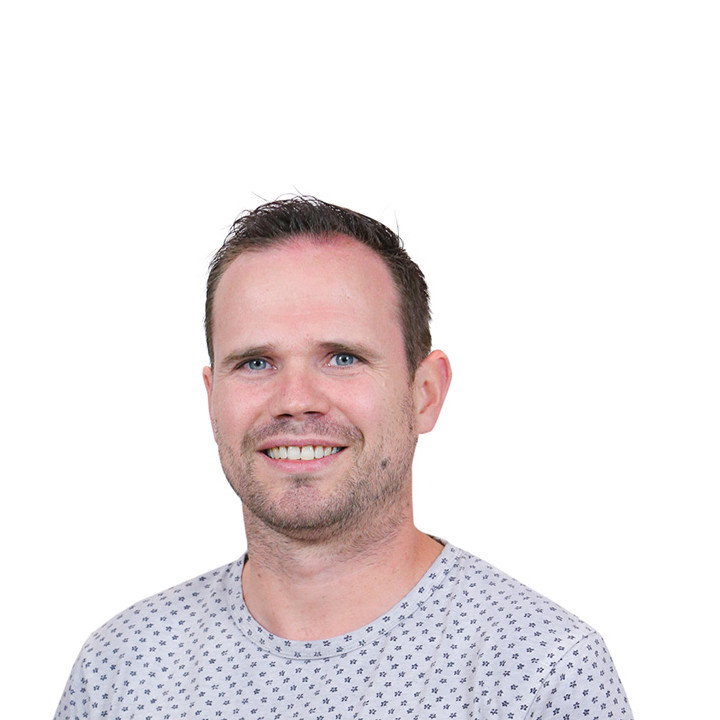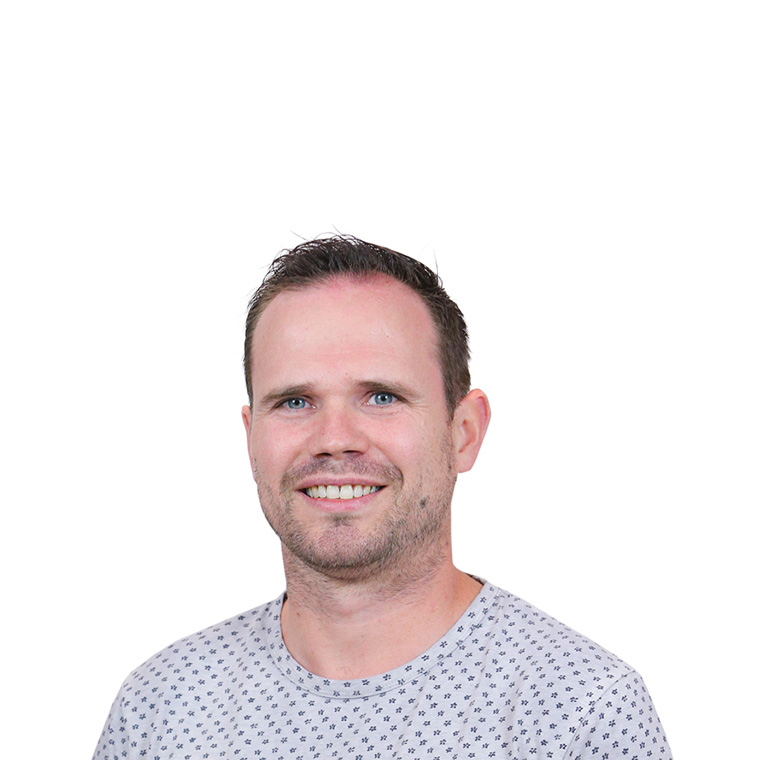Jarno Drost obtained his M.Sc. degree in Biomolecular Sciences from the Free University of Amsterdam (cum laude). In 2012, he obtained his Ph.D. at the Netherlands Cancer Institute in the lab of prof. dr. Reuven Agami. His research led to the identification of BRD7 – a novel tumor suppressor gene acting in the P53 pathway – and the discovery that P53 binds and regulates enhancer elements through the production of enhancer RNAs. Next, he joined the lab of prof. dr. Hans Clevers (Hubrecht Institute) as a post-doctoral fellow. Here, he developed colorectal cancer (CRC) progression models by introducing combinations of the most commonly mutated CRC genes in human intestinal organoids using CRISPR/Cas9 genome editing. Using these models, his research revealed that mutation of four genes transforms healthy stem cells into metastasizing adenocarcinoma cells. He further explored these models to study mutational signatures in cancer and for drug testing. Moreover, he established organoid cultures from healthy and cancerous prostate tissue and used this model for the identification of multipotent luminal progenitor cells in human prostate. His post-doctoral work was awarded a prestigious Dutch NWO Veni career grant and the Dr. Patrick Hanlo Award for best post-doctoral researcher of the Hubrecht Institute.
In 2016, Jarno was appointed as a group leader in the Princess Máxima Center for Pediatric Oncology. His group makes use of unique, representative pre-clinical cell models, such as organoids and mouse models. His group was the first in the world to apply organoid technology to pediatric tumors and developed culture conditions to grow organoid cultures with high efficiency (>90%) from a wide spectrum of renal and rhabdoid tumors. His group studies the molecular alterations underlying pediatric renal tumors, rhabdoid tumors and soft tissue sarcomas and aims to develop novel therapies. In 2019, Jarno was selected to join the Oncode Institute as junior PI. For his research, he received several awards such as the Bas Mulder Young Investigator Award from the Dutch Cancer Society, the very prestigious ERC Starting Grant, the Dutch cancer institute “Oncode” membership, and the AACR St. Baldrick’s career development award for emerging leaders in the field of pediatric oncology.
ResearchGate https://www.researchgate.net/profile/Jarno_Drost
LinkedIn https://nl.linkedin.com/in/jarno-drost-aa39485
2020 AACR St. Baldrick’s Career Development Award.
Award for emerging leaders in the field of pediatric oncology
2019 European Research Council (ERC) Starting Grant.
Prestigious European grant to support excellent junior Principal
investigators
2018 Dr. Patrick Hanlo Award.
Award for best post-doctoral researcher of the Hubrecht Institute
2017 Bas Mulder Young Investigator Award, Dutch Cancer Society
(KWF)/Alpe d’HuZes. Prestigious national grant for talented young
researchers
2013 Veni career grant for talented post-doctoral researchers



